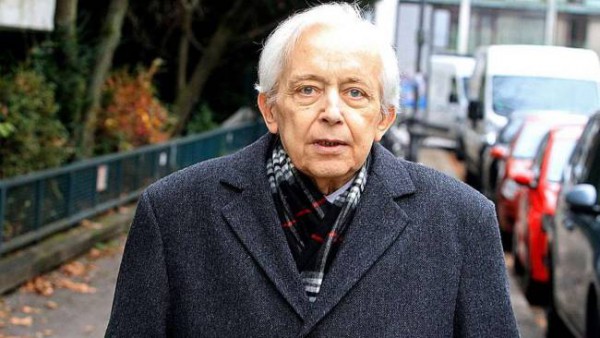
A Munich court has heard a medical evaluation stating that Cornelius Gurlitt was of sound mind when he decided to bequeath his extensive and controversial art collection to a Swiss museum in April 2014.
The ongoing trial follows an inheritance claim filed by Gurlitt’s relatives who called into question the art collector’s mental state supported by a posthumous psychological evaluation based on letters and documents from Gurlitt’s final days.
The plaintiffs portrayed the late Gurlitt as a frail, paranoid schizophrenic who was convinced that “a national socialist network was following him in order to gain access to his art collection.”
However, a 146-page document presented by medical experts in a Munich court last week disputed the claims laid out in the psychological evaluation presented by Gurlitt’s cousin Uta Werner. She now has until February 1 to respond to the new evidence, the New York Times reports.
Kunstmuseum Bern
Photo: Andreas Praefcke via Wikimedia
The latest chapter in the protracted saga over the 1,500 piece collection of works by the likes of Matisse, Picasso, Renoir, and Monet means that the Kunstmuseum Bern is one step closer to getting the artworks.
In November 2014 the museum’s announcement that it would accept the bequest was met with furore because of the disputed provenance of a collection which Gurlitt inherited from his father Hildebrand, a dealer who traded in so-called “degenerate” art on behalf of the Nazis.
Although 500 works with suspicious provenance were identified, Swiss Info reports that only five have been verified as stolen nearly two years since German authorities set a a special task force to identify Nazi looted artworks from the trove.
The task force has been repeatedly criticized for its poor handling of the case. Last month, German culture minister Monika Grütters joined the critics by expressing her frustration over the drawn-out vetting process.
German-based journalist Catherine Hickley, who has followed the case closely, told Swiss Info “The general public perception in Germany is that the task force has been mismanaged, badly organized and lacking in transparency.”
She continued “This is not helped by the task force appearing to give precedence to the privacy rights of the deceased Gurlitt over those of individual claimants to the artworks. This gives the impression of having false priorities.”
Back in April, Documenta 14 artistic director, Adam Szymczyk, said in an interview with Süddeutsche Zeitung, that he would like to show the Gurlitt trove as part of the next edition of the quinquennial contemporary art show, slated to take place in 2017. Among the works, Szymczyk added, is a significant and little-known canvas by Gustave Courbet.